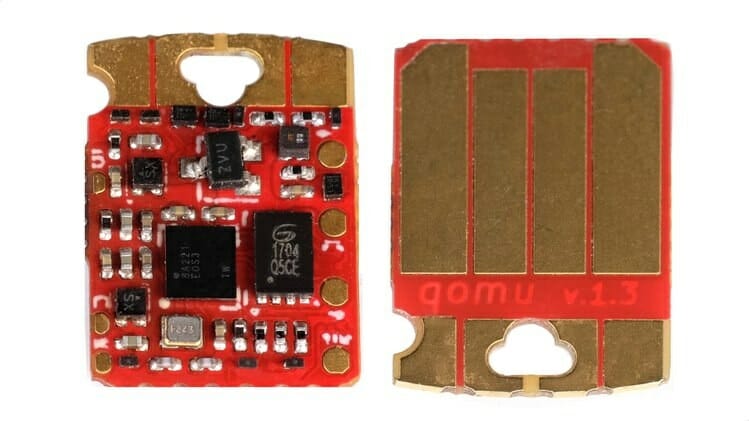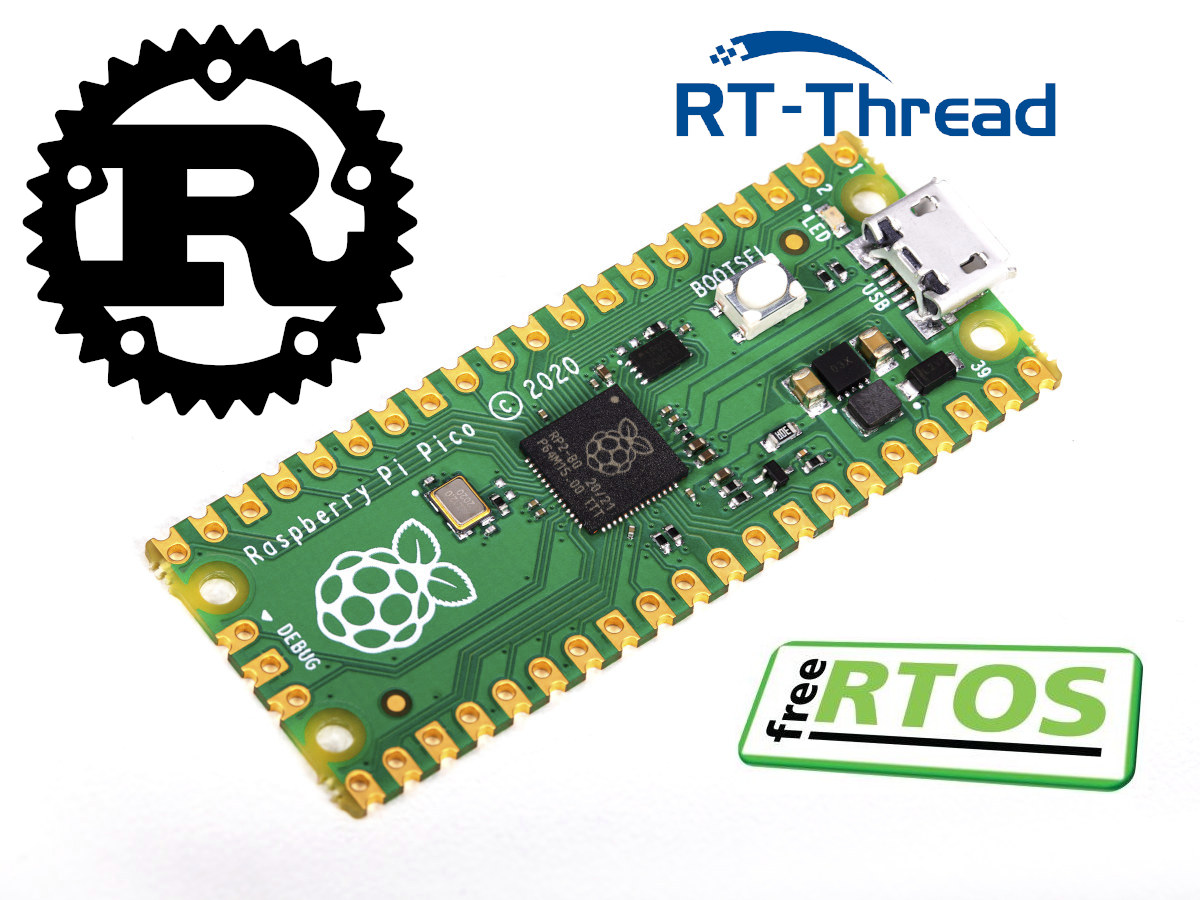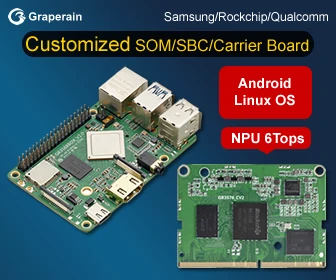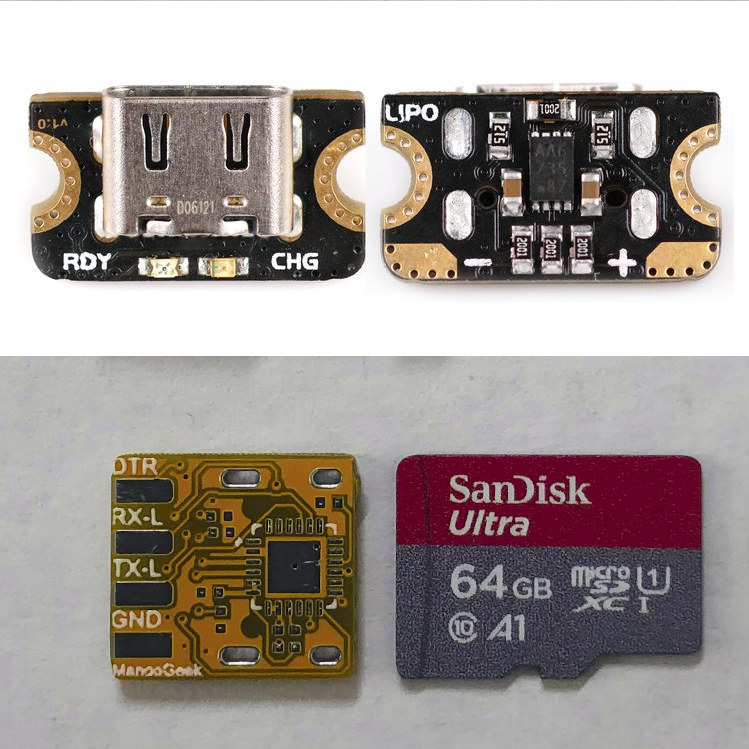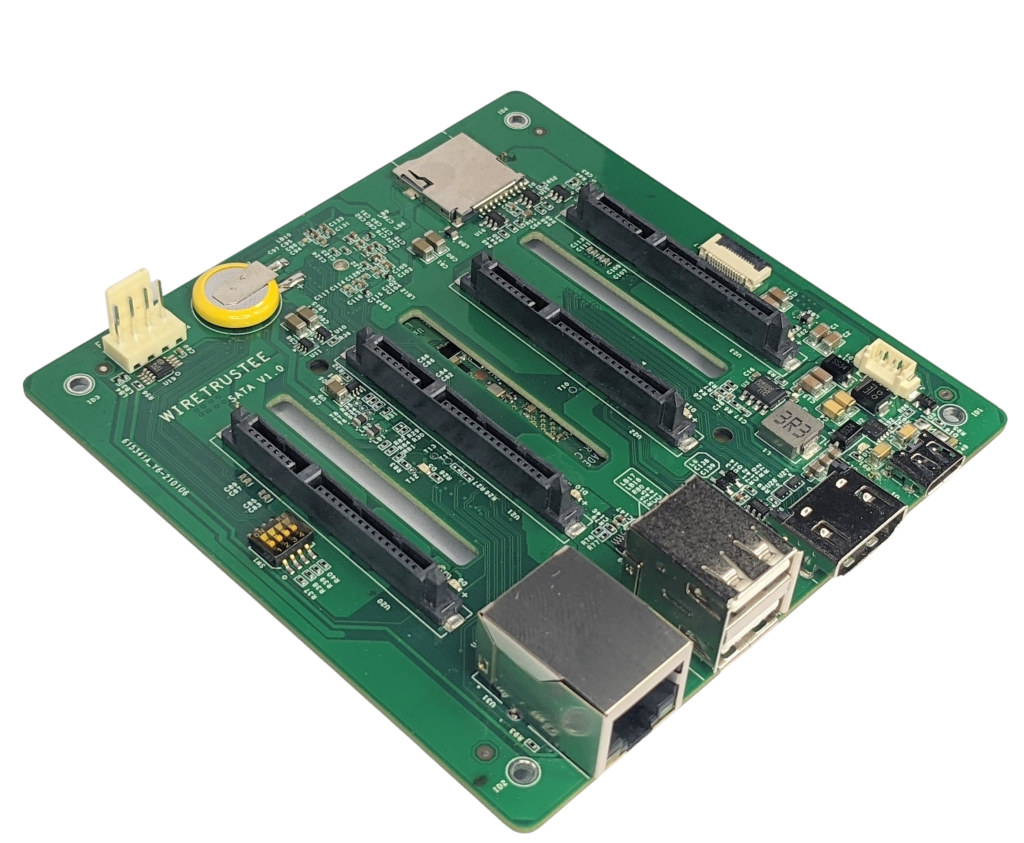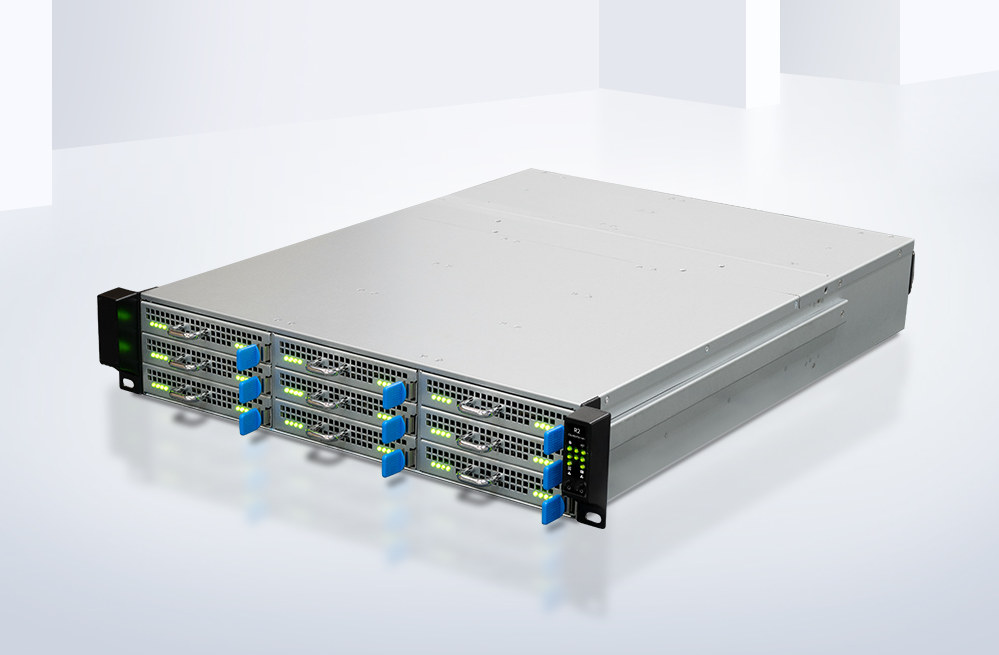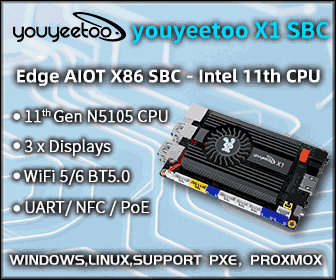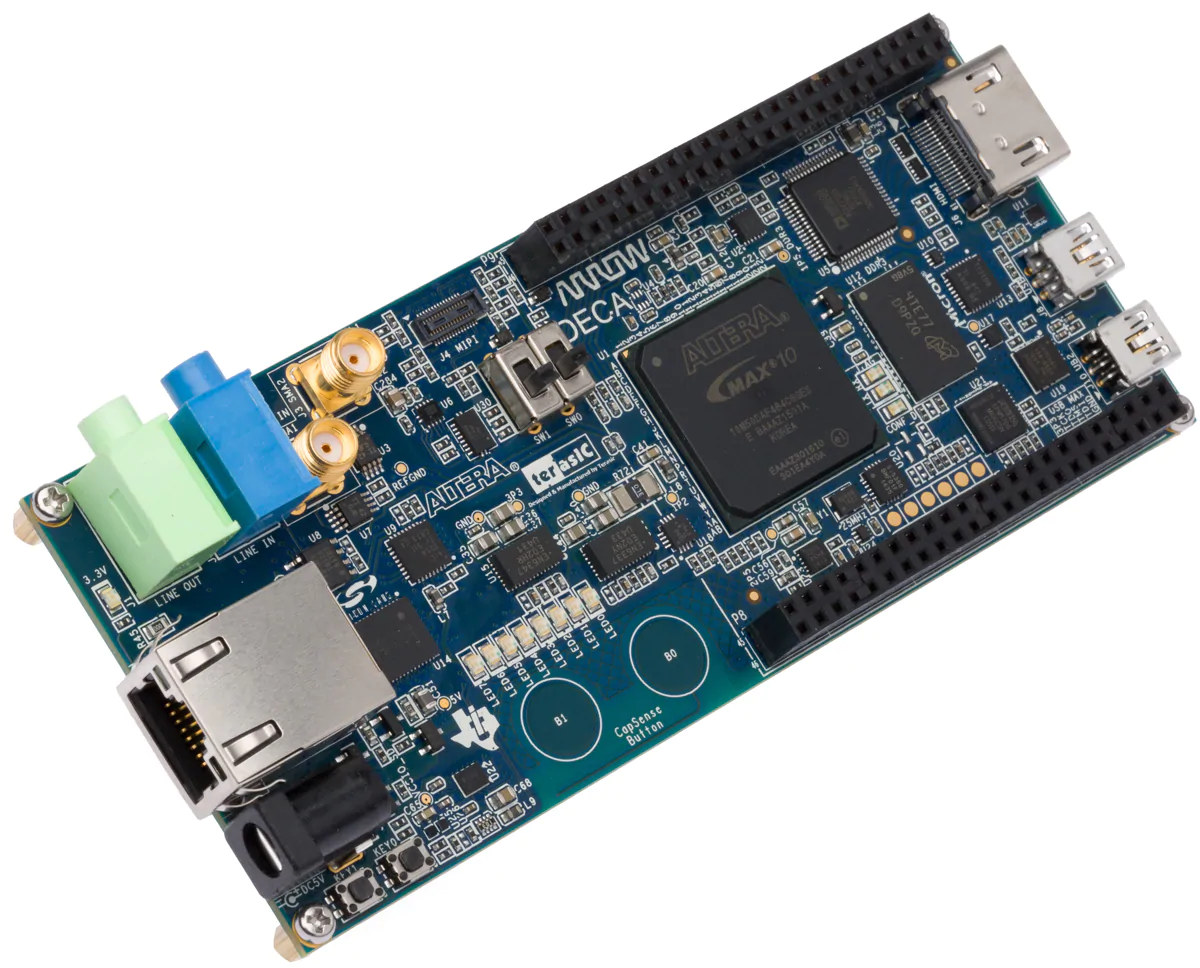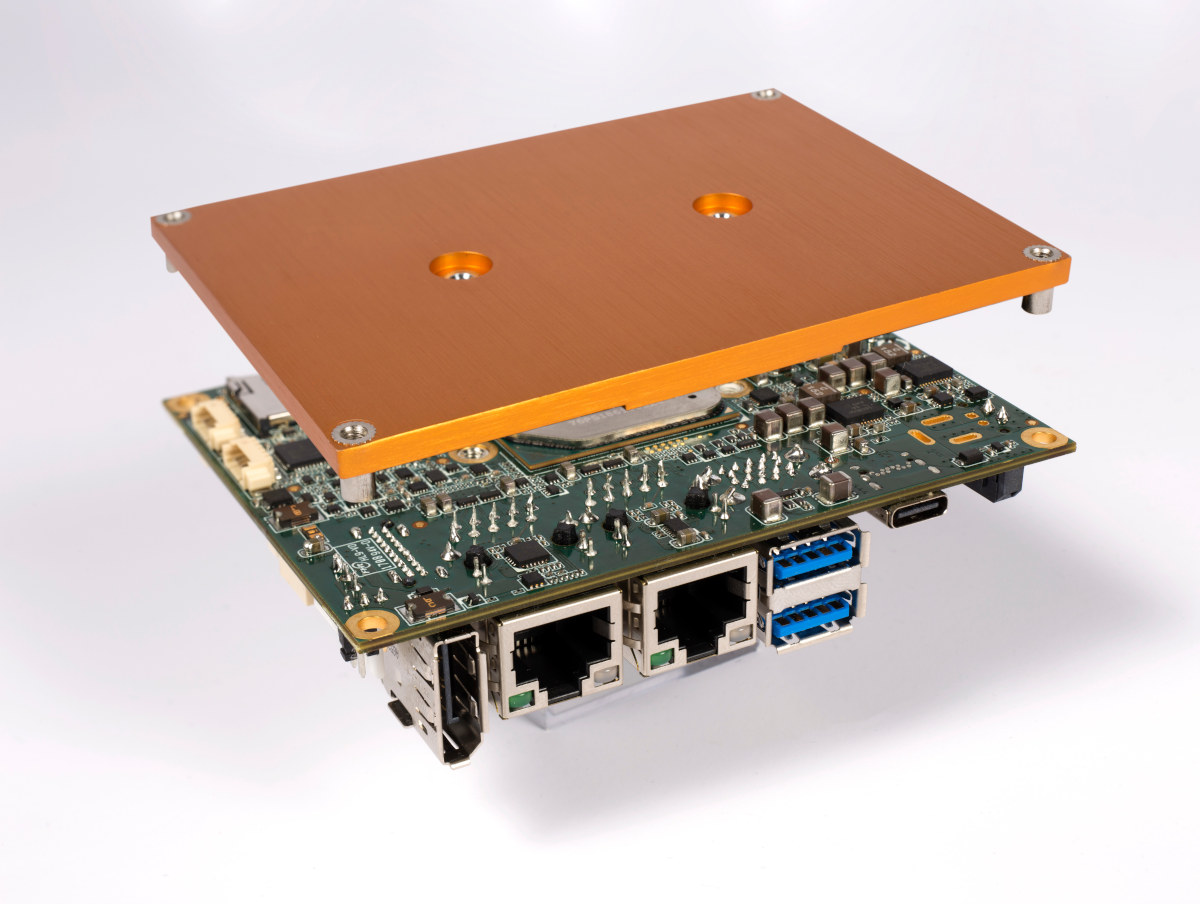Qomu Cortex-M4F & FPGA USB board is programmable with Symbiflow open-source toolchain (Crowdfunding)
We’ve seen several tiny “omu” USB boards that are the size of a USB connector in the past, starting with Tomu based on Silabs EFM32 Arm-Cortex-M0+ MCU, then Fomu enabling Python programming and RISC-V softcore on a Lattice ICE40 FPGA, and finally Somu FIDO2 security key. There’s now the new Qomu board based on Quicklogic EOS S3 Cortex-M4F MCU with embedded FPGA. Just like its predecessor, the board almost completely fits in a USB connector except for the touch pads, and also happens to be programmable with Symbiflow that dubs itself as the “GCC of FPGAs”, as well as other open-source tools. Qomu specifications: SoC – QuickLogic EOS S3 Arm Cortex-M4F MCU @ up to 80 MHz with 512 KB memory, embedded FPGA with 2,400 effective logic cells and 64 Kbits of embedded RAM Storage – 16 Mbit flash Misc – Four capacitive touch pads, 1x RGB LED Power – […]


